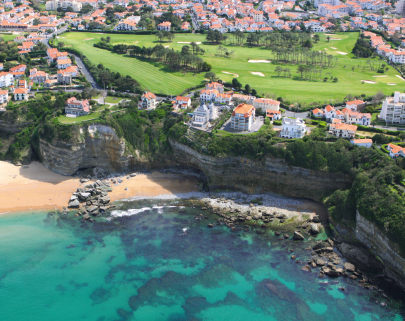National research programme Risks (PEPR IRiMa)
The Risks programme (PEPR IRiMa) aims to understand the natural and social processes that generate risks and disasters, and to develop innovative approaches and tools to deal with them more effectively. Its ambition is to bring together scientific communities and contribute to the development of a new national strategy for risk and disaster management in the era of global change.
|
Current global changes are exposing human societies to an unprecedented increase in risks and disasters (landslides, floods, avalanches, extreme weather events, fires, earthquakes, etc.) linked to the combined impact of climate change and human activities. These risks can in turn give rise to serious technological disasters and major environmental threats, as has been shown by a number of multi-crisis events in recent years, such as Hurricane Katrina, the Fukushima nuclear accident, and storm Alex in Europe in 2020-2021.
Faced with this new nature of risk, we need to develop integrated risk and disaster management, taking a comprehensive look at the natural, technological, environmental and social aspects, to better understand the cascading effects.
This issue is at the heart of the Risques (IRiMa) research programme, which aims to federate and integrate the knowledge produced by different research communities, in particular the geosciences, engineering, digital sciences and human and social sciences (SHS), and to contribute to the development of an ambitious national strategy for risk and disaster management, for more resilient societies.
Co-piloted by the CNRS, BRGM and Grenoble Alpes University, it brings together more than 30 research institutions to produce knowledge on the types of hazards, the superposition and interweaving of different risks in the same area, analyse the logics that structure risk and disaster management, and develop innovative tools to better detect, quantify, anticipate and manage them.
The Risques programme is structured around 6 scientific themes and includes 8 targeted projects, 4 of which focus on specific risk areas in France: mountains, coastlines, overseas territories and industrial and urban areas, and 4 on cross-cutting issues.
These issues include:
- Setting up collective chairs, in particular to produce new knowledge on multi-hazard situations, and to contribute to a better appropriation of scientific knowledge and expertise for decision-making and public action;
- Analysing current risk management methods and their impact, and defining new frameworks and tools;
- Deploying international risk science initiatives;
- Designing a digital services infrastructure to provide shared modelling, analysis and mapping resources for developing risk scenarios.
More information
- Structuring and strengthening risk science in France, with the launch of the IRiMa research programme, press release on the occasion of the inauguration of the PEPR (07/06/2023)
